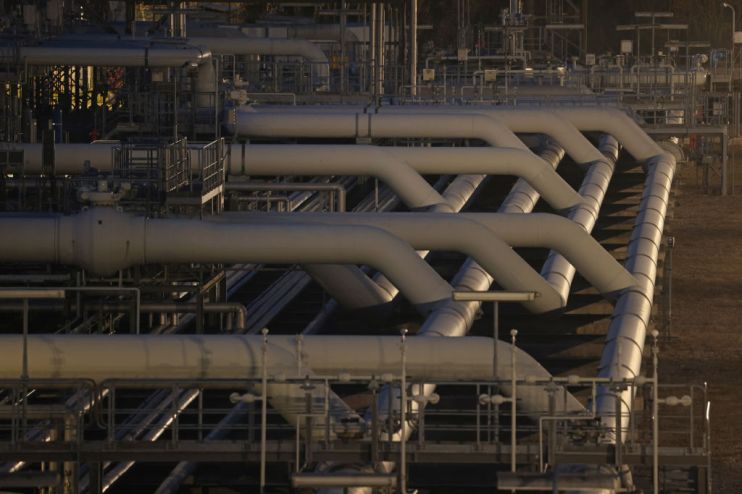Russia-Ukraine war to send chill through UK economy

Russia’s brutal invasion of Ukraine could leave gas prices twice as high as they would have been if the Kremlin had not sent troops into Kyiv for years to come, sending a chill through Western economies, reveals fresh forecasts published today.
Energy prices may be permanently higher if the war in Ukraine drags on, adding as much as $40 to a barrel of oil over the long-term, according to consultancy KPMG.
Poorer British households will absorb the harshest hit from the Kremlin’s invasion of Ukraine due to this group spending a greater proportion of their incomes on basic necessities.
Food prices will also rise due to supplies from Russia and Ukraine being choked by the conflict.
Ukraine is one of the world’s biggest grain producers, while Russia is a linchpin in the fertiliser market.
Elevated energy prices will drive inflation in the UK to 7.9 per cent across the whole of 2022, posing serious risks to the country experiencing a sharp slowdown in growth.
This year, the economy will expand 3.9 per cent, higher than usual, but will return to its sluggish trend in 2023, growing just 1.1 per cent.
Household spending growth will decline steeply from 4.3 per cent this year to just 0.5 per cent next year.
The government’s tax hikes, including a 1.25 percentage national insurance rise from tomorrow, will contribute to the squeeze on household budgets and the spending slowdown.
“Consumer spending is expected to be heavily affected by the squeeze on incomes, as household budgets come under unprecedented pressures from rising costs and an increasing tax burden,” KPMG said.
The UK is set for the sharpest fall in living standards since the mid-1950s, according to the Office for Budget Responsibility (OBR), triggering a pullback in household spending.
The UK is heavily reliant on consumer spending to generate output, meaning a drop in purchases would deal a blow to the health of the economy.
KPMG’s 2022 inflation forecast is 0.5 percentage points higher than the OBR’s.
Households will have to swallow another 30 per cent rise in their energy bills in October after the energy watchdog hikes the cap on bills again to account for higher oil and gas prices.
Last Friday, average annual energy bills for those on variable tariffs rose around £700.
Yael Selfin, chief economist at KPMG UK, said: “Lower-income households are particularly vulnerable to this year’s rise in utility costs, with those in the lowest income band potentially standing to lose more than eight per cent of their disposable income.”
Selfin warned central banks face a difficult choice between hiking interest rates to get on top of historically high inflation amid weaker than expected growth or keeping policy loose to support their economies, risking embedding red hot price rises.
“The change in central banks’ stance, especially the [US Federal Reserve’s], could add volatility to markets as they adjust to a new policy direction,” she added.
KPMG estimates the global economy will expand between 3.3 and four per cent this year and 2.5 per cent and 3.2 per cent.